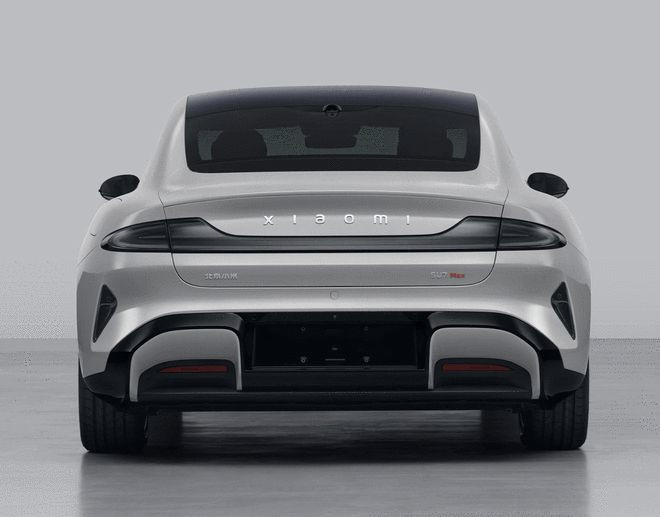Xiaomi Corp. has delivered 200,000 electric vehicles in just 119 days, marking a new milestone in China's fast-growing EV sector. The company announced the achievement Tuesday, alongside a revised 2025 delivery target of 350,000 units, underscoring its growing influence in a market long dominated by Tesla Inc. and BYD Co.
The milestone was highlighted on Xiaomi's Weibo page, which celebrated the 200,000th delivery with images of a couple receiving their new SU7 sedan. The automaker launched the SU7 in March 2024, securing more than 50,000 orders within the first 27 minutes of sales.
Xiaomi, better known for its smartphones and consumer electronics, entered the EV market in 2021 and has scaled production rapidly. Initial plans targeted 60,000 units for 2024, but strong demand prompted Xiaomi to ramp up output. By the end of 2024, the company had delivered 135,000 SU7 vehicles and announced ambitions to double that figure in 2025.
The company's broader financial performance reflects this momentum. Xiaomi reported a 49% year-over-year jump in revenue to 109.01 billion yuan ($15.1 billion) in the December quarter, its fastest sales growth since 2021. Billionaire co-founder Lei Jun credited progress in expanding EV production capacity for contributing to that growth.
Lei Jun said in a Weibo post that Xiaomi has made "progress in expanding its EV production capacity," although he did not disclose specific figures regarding the buildout of the company's Beijing car factory's second phase.
Key highlights:
- Q4 2024 revenue: 109.01 billion yuan (+49% YoY)
- 2025 EV delivery target: 350,000 units (raised from 300,000)
- 2024 SU7 deliveries: 135,000 units
- Production capacity: Expected to reach 300,000 units annually
Xiaomi's lineup currently consists of the SU7 sedan in three variants, including the high-performance 1,548-horsepower SU7 Ultra. The company's next model, the YU7 SUV, is slated to launch this summer, directly competing with Tesla's Model Y in China's electric SUV segment.
The rapid growth has not come without challenges. Xiaomi has faced capacity constraints that have extended customer wait times to as long as 30 weeks. Lei Jun previously stated that Xiaomi is working to boost production to address these delays.
Xiaomi shares have quadrupled over the past year, buoyed by investor confidence in the company's diversification strategy. The EV division's performance has been a major driver, although the stock now trades at higher multiples than Chinese tech giants Alibaba Group Holding Ltd. and Tencent Holdings Ltd.
Longer-term, Xiaomi plans to expand beyond China. In March, Xiaomi President Lu Weibing said the company is preparing to take its vehicles to international markets by 2027.






